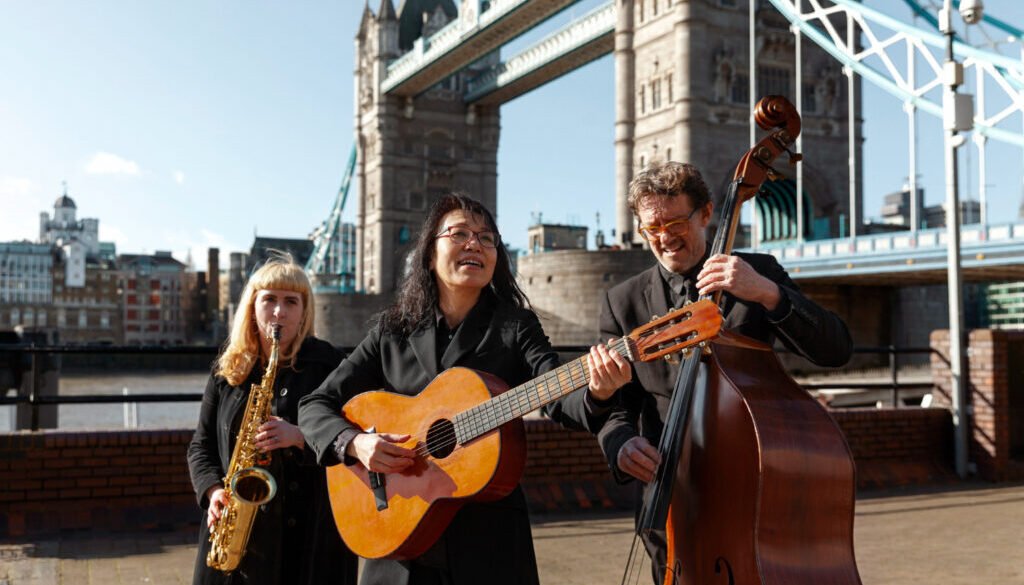Top 10 Cultural Traditions You’ll Only Find in the UK
Introduction
The United Kingdom is a land steeped in history, where ancient customs and quirky modern traditions exist side-by-side. Beyond the iconic red phone boxes and royal palaces lies a cultural tapestry woven with unique celebrations that you simply won’t find anywhere else in the world.
These traditions offer a genuine glimpse into the British spirit—a blend of history, humour, and a love for a good, often eccentric, celebration.
This guide will take you on a tour of the top 10 most uniquely British traditions. You’ll discover:
Prepare to be charmed, bewildered, and utterly fascinated.
1. Bonfire Night (Guy Fawkes Night)
- What it is: A nationwide celebration on November 5th involving fireworks, massive bonfires, and the burning of effigies.
- Why it’s uniquely British: It commemorates the failure of the Gunpowder Plot of 1605, when Guy Fawkes was caught attempting to blow up the Houses of Parliament. Nowhere else in the world marks this specific historical event in this way.
- How to experience it: Attend a public firework display in any town or village. Listen for children chanting “Penny for the Guy” in the days leading up to it.
2. Afternoon Tea
- What it is: A light meal taken between 3 and 5 PM, consisting of tea, finger sandwiches, scones with clotted cream and jam, and cakes.
- Why it’s uniquely British: While tea is drunk globally, the ritual of afternoon tea as a formal, social occasion was invented in England in the 1840s by Anna, the Duchess of Bedford. The specific combination of foods and the ceremony around it is distinctly British.
- How to experience it: Book a session at a luxury hotel like The Ritz in London or a quaint tea room in the countryside.
3. Cheese Rolling at Cooper’s Hill
- What it is: An annual event where participants chase a 7-9 pound wheel of Double Gloucester cheese down a dangerously steep hill. The first person to cross the finish line wins the cheese.
- Why it’s uniquely British: It is the epitome of British eccentricity—a seemingly nonsensical, slightly dangerous, and utterly hilarious tradition whose origins are lost to time. It perfectly captures the British love for the absurd.
- How to experience it: Head to Cooper’s Hill in Gloucestershire on the Spring Bank Holiday Monday. Be prepared to watch (or participate) in pure chaos.
4. The Changing of the Guard
- What it is: A formal ceremony where the Queen’s (or King’s) Guard hands over responsibility for protecting Buckingham Palace and other royal residences to the new guard.
- Why it’s uniquely British: No other monarchy has a ceremony quite like it. The precision, the iconic bearskin hats, and the accompanying military band make it a globally recognised symbol of British pageantry and tradition.
- How to experience it: Gather outside Buckingham Palace in London for the free ceremony. Check times online beforehand.
5. Burns Night
- What it is: A celebration of the life and poetry of Scottish poet Robert Burns, held on or around January 25th.
- Why it’s uniquely British: While celebrated by Scots worldwide, the tradition is deeply rooted in Scottish culture within the UK. The night involves reciting Burns’ poetry, eating haggis, neeps and tatties (swedes and potatoes), and drinking Scotch whisky.
- How to experience it: Attend a Burns Supper in Scotland. Be ready for the “Address to a Haggis” and to toast with a dram of whisky.
6. Pantomimes (The “Panto”)
- What it is: A musical comedy stage production for families, traditionally performed around Christmas. Known for audience participation, slapstick humour, and gender-swapped roles (the main young male hero is often played by a woman).
- Why it’s uniquely British: While based on folk tales, the specific format of audience shouting “He’s behind you!” and “Oh no you didn’t!” is a bizarre and beloved British invention.
- How to experience it: Go see a panto at any local theatre across the UK during the holiday season.
7. Remembrance Day Poppies
- What it is: The widespread wearing of artificial red poppies in the weeks leading up to November 11th to commemorate British military personnel who have died in war.
- Why it’s uniquely British: While other Commonwealth nations use the poppy, the scale and ubiquity of its display in the UK is profound. It’s seen on TV presenters, football players, and pinned to almost every coat lapel.
- How to experience it: Buy a poppy from a volunteer seller for a donation and wear it.
8. Highland Games
- What it is: Events held throughout Scotland (and some parts of England) celebrating Scottish and Celtic culture, featuring feats of strength like caber tossing, hammer throwing, and tug-of-war, alongside dancing and pipe bands.
- Why it’s uniquely British: These games are a direct celebration of Scottish heritage within the UK union. The sight of kilted athletes tossing giant wooden poles is uniquely iconic.
- How to experience it: Attend a games event, such as the Braemar Gathering, often attended by the Royal Family.
9. Bog Snorkelling
- What it is: Exactly what it sounds like. Competitors snorkel through a peat bog trench as quickly as possible, using flippers but no conventional swimming strokes.
- Why it’s uniquely British: Another glorious example of British eccentricity, proving that not all traditions are ancient. This one was invented in the 1970s in Wales purely for fun and has become a world championship event.
- How to experience it: Head to Llanwrtyd Wells, Wales, for the World Championships.
10. The Lord Mayor’s Show
- What it is: A massive, centuries-old street parade in the City of London to celebrate the appointment of the new Lord Mayor. It involves elaborate floats, military marches, and a procession of guilds.
- Why it’s uniquely British: It’s a tradition dating back to 1215, showcasing the unique and ancient history of the City of London’s governance. The pomp and scale are unmatched.
- How to experience it: Line the streets of London on the second Saturday of November to watch the free parade.
Key Takeaways
- British traditions are a mix of ancient history and modern eccentricity.
- Many customs, like Bonfire Night and Poppies, are tied to specific historical events.
- The UK’s nations have their own unique traditions, from Scottish Highland Games to Welsh Bog Snorkelling.
- Participating in these traditions offers an authentic experience of British culture beyond the typical tourist attractions.
The UK doesn’t just have history; it has character.



